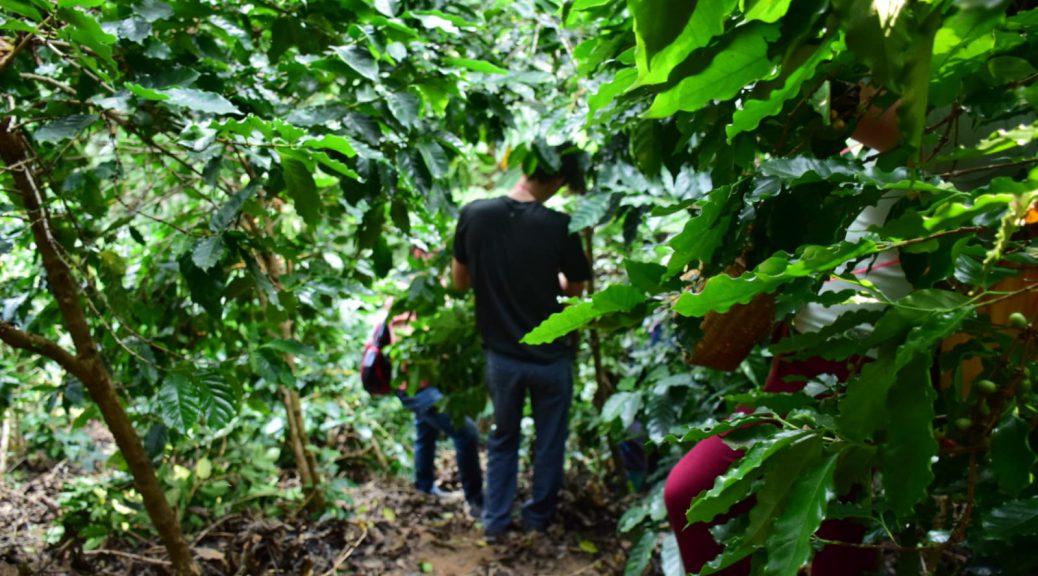To reach Mae Salong in Thailand we had to drive through miles and miles of winding roads between the mountains. The mountain sides were covered with symmetrical plots of either tea bushes, corn stalks, or coffee trees. The HADF training center we stayed at was Situated between three hill tribe villages. The Akha, Lahu, and Yudanese people surrounded us. The training center was given to HADF to be a center point for gathering and fun between the tribes and especially for the children.
The two days spent in Mae Salong in the training center were enlightening. We spent the first day visiting the Akha village. It was a huge village with many community roles. From silversmith to someone performing a simple task of drying coffee beans, everyone had a role. They gather all their food organically from the area around them. We learned that the king helped the village to transfer from farming fruit trees and rice to planting coffee. Due to high demand they have gotten more return because of coffee. The coffee is grown nearby, picked by Akha women, and roasted by the towns headman. The organic ways of this village got me thinking about the power of self sufficiency systems.
In the past decade food waste along with sustainability have become increasingly relevant issues. All the meals I consumed at the training center were made from Organic foods grown on that mountain. The surrounding villages also ate what they could grow. They made money by producing coffee that the whole village participated in crafting. Women also stitched various crafts. Since I have been here I have marveled at the local markets that held such a fresh variety of foods. We can all take small steps in our own lives to be self sufficient in our futures to help eliminate waste trails. Even if we aren’t able to grow our own food or make our own crafts in America, there are more complex ways to look at Self sufficiency that we can adapt from a country like Thailand.

